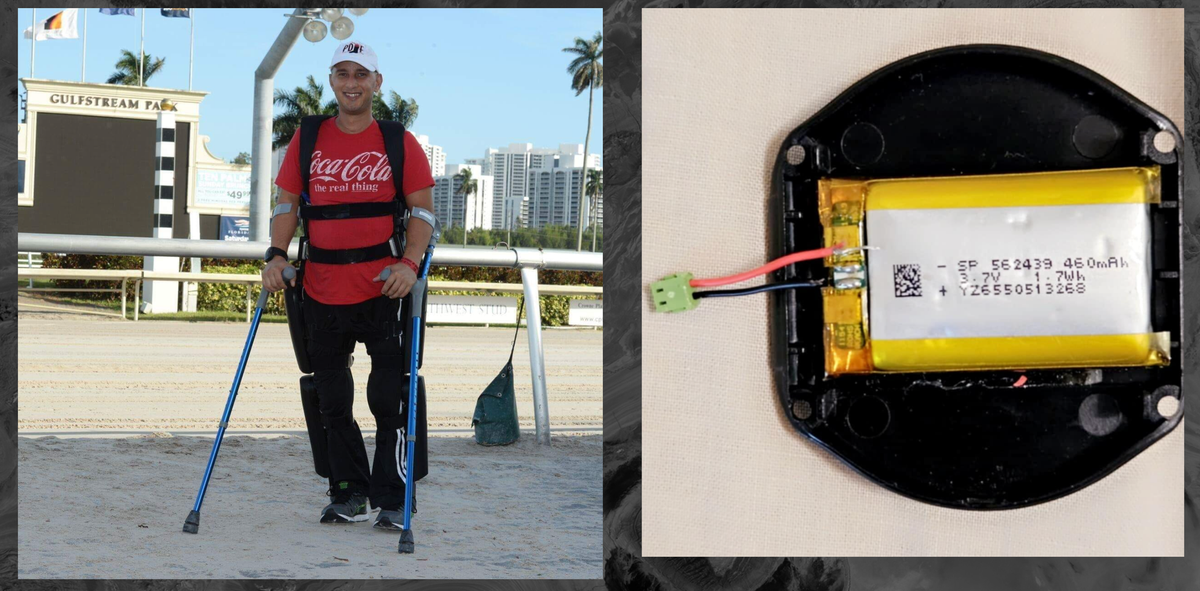Apologies for posting a pay walled article. Consider subscribing to 404. They’re a journalist-founded org, so you could do worse for supporting quality journalism.
Trained repair professionals at hospitals are regularly unable to fix medical devices because of manufacturer lockout codes or the inability to obtain repair parts. During the early days of the COVID-19 pandemic, broken ventilators sat unrepaired for weeks or months as manufacturers were overwhelmed with repair requests and independent repair professionals were locked out of them. At the time, I reported that independent repair techs had resorted to creating DIY dongles loaded with jailbroken Ukrainian firmware to fix ventilators without manufacturer permission. Medical device manufacturers also threatened iFixit because it posted ventilator repair manuals on its website. I have also written about people with sleep apnea who have hacked their CPAP machines to improve their basic functionality and to repair them.
PS: he got it repaired.



The FDA found there isn’t evidence that 3rd party repair is any less safe than 1st party repair.
If one part needs to be replaced and the company who owns the patients/copyright tells the manufacturer to not sell it to others then the patient cost is needlessly a whole new machine. How many lives would be saved by lowering cost of getting medical equipment working?
I read the article. Third party repair not being your grandson who’s replacing the seal on your CPAP mask, because that’s not what I mean not does it mean going to a third party repair place.
It being less safe for the vast majority doesn’t mean that there aren’t going to be people who get it wrong. People repair their brakes wrong all the time. It’s absolutely caused accidents. But not enough to be statistically important in the grand scheme of 8 billion people. That doesn’t mean it doesn’t happen or that it can’t.
There’s a reason a lot of YouTube videos that show you how to repair things are “for educational purposes only”. It’s because they can be held liable if something bad happens because you followed their guide.
You focus on an incompetent grandson hypothetical but it’s not as if the 1st party repair is immune from hiring people who can make negligent mistakes, or even take malicious acts. If it’s difficult to replace a seal on a mask then perhaps it’s a CRAP design.
Companies will preach safety when lobbying against right to repair but when a mask is forced to be recalled for sound/vibration dampening material entering people’s lung they will kick and scream.
Safety is not my main goal, it is the freedom to do what you want with what you paid for.
I focus on that because it is a danger of people doing the work themselves. I didn’t say that companies weren’t capable of the same problems. I said that it’s unlikely that the grandson would face the same kind of legal repercussions that a business or corporation would and that’s problematic.
If you’ll take a step back and stop assuming that I’m arguing against right to repair and just look at what I actually said you might see that I have a point.
And while I agree that there is also risk in not repairing the devices in question or being able to have them repaired by the manufacturer which is a significant risk, I still feel like it’s important that it be said that there exists a risk in people making more technical repairs themselves.
It also allows end users to install parts superior to OEM, improving braking capabilities, and preventing accidents.
Any automotive technician can tell you that manufacturers take engineering shortcuts, resulting in a product with certain deficiencies. The manufacturer’s motivation is to put out a product that widely appeals to the general public. They want nothing to do with a product specifically tailored to the needs of a particular individual.
So because some people are reckless, all people should be unable to fix their shit?
People keep ignoring the fact that I didn’t say that. I actually feel the opposite. You inferred or interpreted what I said that way and that’s on you.